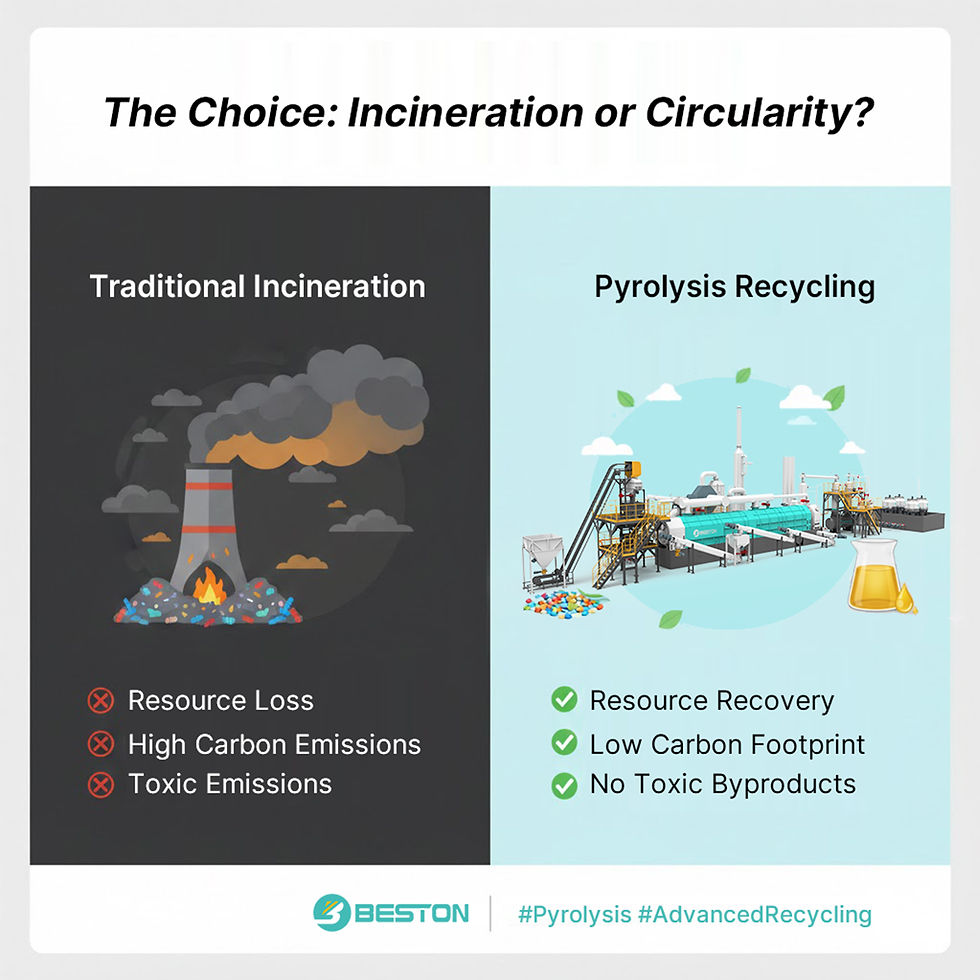Imperative of Utilizing a Charcoal Briquette Machine for Molding
- lee784287
- 2024年4月17日
- 讀畢需時 3 分鐘
Charcoal briquette machine emerges as a quintessential tool, imbued with transformative potential and ecological significance. This sophisticated apparatus transcends mere mechanical function, serving as a catalyst for innovation and environmental stewardship. Let us delve into the compelling reasons why the utilization of a charcoal briquette machine for molding is not just a choice, but a necessity in contemporary times.

1. Efficiency Enhancement:
At the heart of the rationale for adopting a charcoal briquette machine lies the pursuit of efficiency. Unlike traditional methods of charcoal production which are labor-intensive and yield inconsistent results, this advanced machinery streamlines the process, optimizing resource utilization and output consistency. Through precise control of parameters such as pressure, temperature, and moisture content, charcoal briquette machines ensure the production of uniform, high-quality briquettes with minimal waste.
2. Environmental Preservation:
In an era characterized by growing environmental consciousness and concerns about deforestation and carbon emissions, the imperative to adopt sustainable practices has never been more pressing. Herein lies the significance of charcoal briquette machines. By utilizing agricultural residues, forestry waste, and other biomass materials as feedstock, these machines mitigate the demand for virgin timber and fossil fuels, thereby curbing deforestation and reducing greenhouse gas emissions. The production of charcoal briquettes through this method represents a closed-loop approach to resource utilization, wherein waste materials are repurposed into valuable commodities, minimizing environmental impact.
3. Economic Empowerment:
Beyond their environmental benefits, charcoal briquette machines offer tangible economic advantages to individuals and communities. By providing an alternative source of income through the valorization of biomass residues, these machines contribute to poverty alleviation and rural development. Moreover, the market demand for sustainably produced charcoal briquettes continues to rise, presenting lucrative opportunities for entrepreneurs and businesses engaged in their production. Thus, the adoption of charcoal briquette machines not only fosters environmental sustainability but also promotes economic resilience and empowerment.
4. Versatility and Adaptability:
One of the defining features of charcoal briquette machines is their versatility and adaptability to diverse feedstock materials and operational settings. Whether it be agricultural residues, sawdust, charcoal fines, or biomass pellets, these machines have the capability to process a wide range of raw materials, thereby enhancing flexibility and resource utilization efficiency. Furthermore, advancements in charcoal briquette machine design have led to the development of compact, portable units suitable for use in remote or decentralized settings, catering to the needs of small-scale producers and communities.
5. Technological Innovation:
The evolution of charcoal briquette machines epitomizes the synergy between technological innovation and environmental sustainability. With continuous research and development efforts, manufacturers are constantly enhancing the efficiency, reliability, and user-friendliness of these machines. Features such as automated control systems, energy-efficient components, and modular designs are increasingly integrated into charcoal briquette machine models, further optimizing performance and reducing environmental footprint.
6. Regulatory Compliance:
As regulatory frameworks governing forestry practices, carbon emissions, and waste management become increasingly stringent, businesses and industries are compelled to adopt practices that align with environmental regulations. Herein lies the relevance of charcoal briquette machines. By facilitating the production of charcoal briquettes from sustainable biomass sources, these machines enable businesses to comply with regulatory requirements while simultaneously enhancing their environmental credentials and corporate social responsibility.
In conclusion, the imperative to utilize a charcoal briquette machine for molding transcends mere economic considerations; it embodies a commitment to efficiency, sustainability, and innovation. As we navigate the complexities of the 21st century, embracing technologies that enable us to harness the potential of biomass resources while mitigating environmental impact becomes not just a choice, but a moral imperative. In the journey towards a more sustainable future, the charcoal briquette machine stands as a symbol of ingenuity and environmental stewardship, paving the way for a greener, more prosperous world.



留言